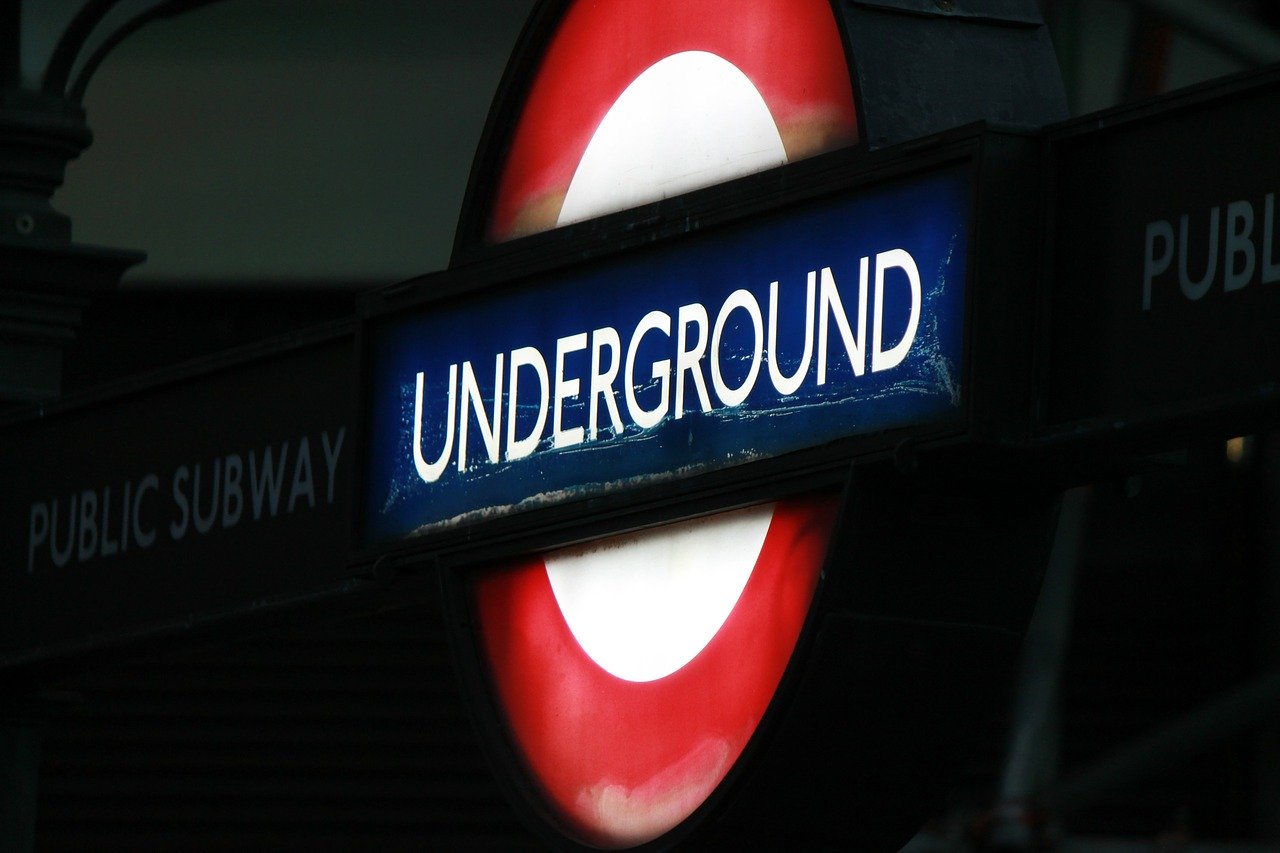Every London Underground line could face severe disruption after train drivers voted to strike over a pay dispute with Transport for London.
Aslef, the trade union representing 2,500 Tube drivers, has announced that its members were “massively in favour” of a walkout.
A date has yet to be set, but trade union legislation allows the union to stage the strike at any time during the next six months.
TfL offered the drivers a deal that would have increased their pay in line with RPI inflation plus 0.2% for three years.
In the fourth year, their pay would have increased by 1.4 per cent over the rate of inflation.
Tube drivers, who earn a basic salary £55,000 plus benefits for a 35-hour week, rejected TfL’s offer.
There are fears that Aslef’s strike could coincide with industrial action by the RMT trade union, which represents thousands of staff who work on the Tube network.
A ballot of RMT members is currently underway and the result is due later this month.
Aslef organiser Finn Brennan said on Twitter: “Underground drivers have voted massively in favour of action. Aslef want a fair settlement, not a strike.
“But management need to make an improved offer to resolve this dispute.”
NOW READ: TfL tests long-lasting disinfectant to tackle coronavirus
A TfL spokesperson said: “We met with our unions earlier this week to discuss our pay offer.
“In that meeting we provided certainty to our staff regarding the pay rises during the life of the four-year deal, which are guaranteed to be above the level of inflation.
“The offer reflects and rewards the hard work our teams do on the network every day while remaining affordable given our current funding pressures.
“We believe that our offer is unrivalled in the current financial climate and urge Aslef to recommend the deal to their members rather than threaten strike action that will only disrupt Londoners.”
A third trade union representing managerial staff, the Transport Salaried Staffs’ Association, has accepted a four-year pay deal.
An Aslef spokesman said: “The dispute is across the whole network so [the strike] will be on all the Tube lines.”
TfL has been under huge financial strain for several years, caused in part by reduced funding from central government and not being able to receive Crossrail fares due to its delays.
In March 2019 the organisation said it was losing an average of £700 million a year from the government, but still managed to halve its operating deficit from £968m to £500m.








